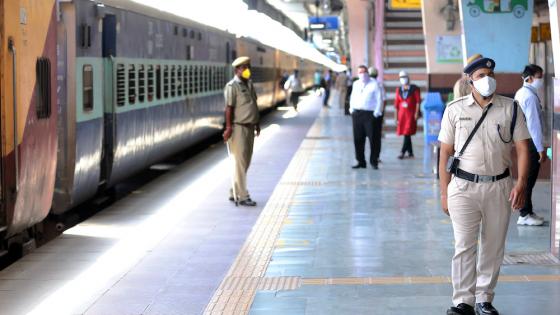DP8110 Search, Migration, and Urban Land Use: The Case of Transportation Policies
We develop a search-matching model with rural-urban migration and an explicit land market. Wages, job creation, urban housing prices are endogenous and we characterize the steady-state equilibrium. We then consider three different policies: a transportation policy that improves the public transport system in the city, an entry-cost policy that encourages investment in the city and a restricting-migration policy that imposes some costs on migrants. We show that all these policies can increase urban employment but the transportation policy has much more drastic effects. This is because a decrease in commuting costs has both a direct positive effect on land rents, which discourages migrants to move to the city, and a direct negative effect on urban wages, which reduces job creation and thus migration. When these two effects are combined with search frictions, the interactions between the land and the labor markets have amplifying positive effects on urban employment. Thus, improving the transport infrastructure in cities can increase urban employment despite the induced migration from rural areas.


